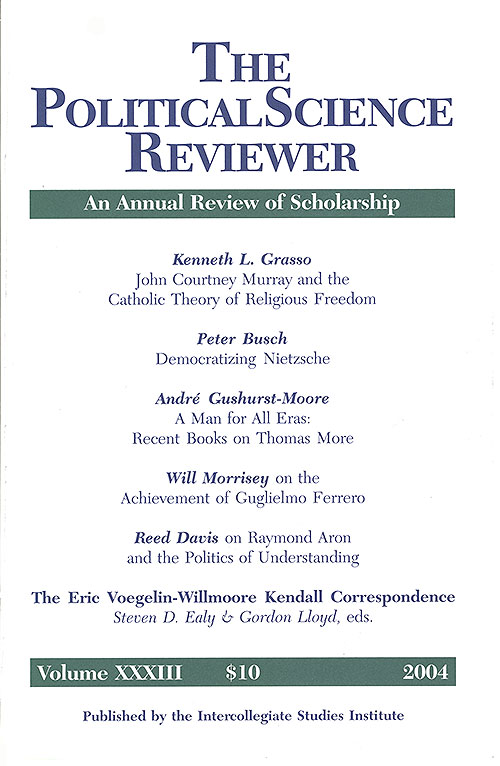Abstract
Thomas More was also a hero of the old Soviet Union. Seen as a proto-communist, his name appeared on an obelisk unveiled in Moscow's Alexandrovsky Gardens in 1918. And not only in the last century was More seen as highly significant. Jonathan Swift wrote in his Concerning the Universal Hatred Which Prevails Against the Clergy that More was "a person of the greatest virtue this Kingdom ever produced." A man for all seasons indeed, and for all kinds of people, appealing here to a conservative American Republican, an agnostic British liberal, a Whiggish Conservative British Prime Minister, an English Catholic apologist, atheistic Russian Communists, and a Tory Anglican priest with anti-Catholic views. Moreover, More has probably never been read, or read about, so widely as he is today, fascinating scholars and general public alike. He has become the patron of innumerable schools and colleges, and by act of the present Pope, recently became the patron of politicians and statesmen. The contours of his life are inscribed on the consciousness of diverse and widely separated peoples, such that his iconic and dramatic status, invaluable to us though it is, can easily obscure what is just as important for us—his writings.
